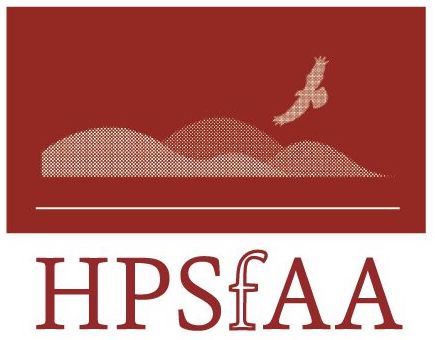  
 
The High Plains Society for Applied Anthropology |
|
Rather than primarily following a neoclassical economic paradigm regarding growth and development, which links these two processes via capitalist- oriented market dynamics, this analysis is based upon a broader cultural/environmental/ developmental paradigms. It accomodates state-, regional-, and local-level institutional factor and forces, emphasizing the Tigray Developmental Association (TDA) and its efforts during the 1990s to assit in the redevelopment of Tigray, Ethiopia's northern most province. Droughts, famines, and the repressive rule of the Mengistu regime through 1991 led to significant deterioration in infrastructure, institutions, agricultural production, and water resources. Upon invitation of Tigrayan representatives, external advisors and consultants (including two authors) worked thorugh the 1990s to assis the development process. Improving potable water supplies was the original focus. Within a framework of facilitative development, with an emphasis on functional issues of sustainability, this article goes into detail as tot he general history of such efforts and the ways in which one Tigrayan village--Belebo-- addressed institutional building and organization building activities that grew out of the original TDA work. Women's roles and capacity building are discussed.
Vol.26_No.1_2006_Arsdale et al_65-80.pdf